Christian Heurich House Museum
German Roots in DC
-
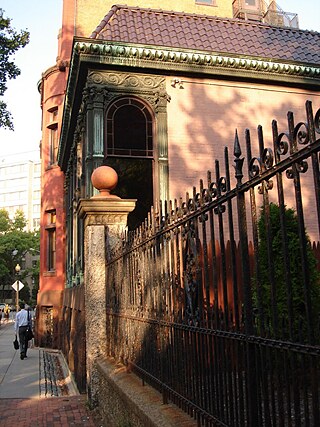
Heurich House (October 2010)
-
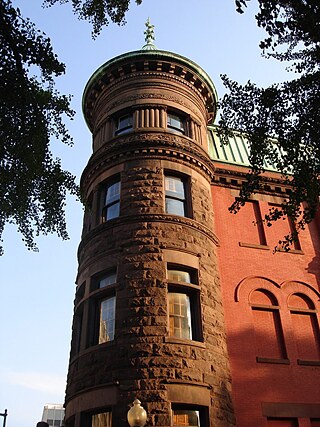
Heurich House (October 2010)
-
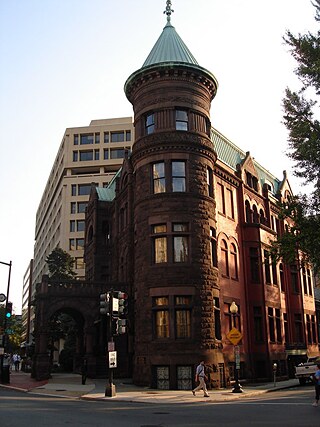
Heurich House (October 2010)
-
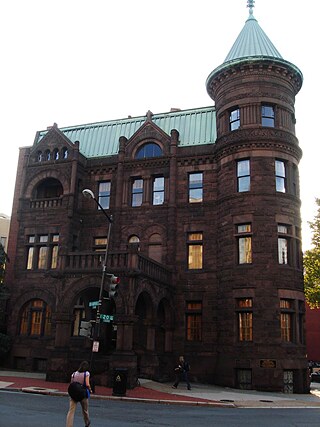
Heurich House (October 2010)
-
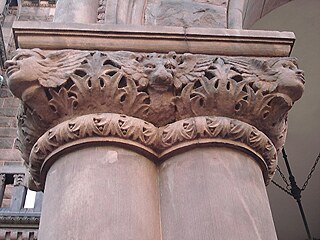
Heurich House (October 2010)
-
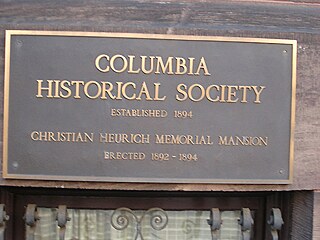
Heurich House (October 2010)
-
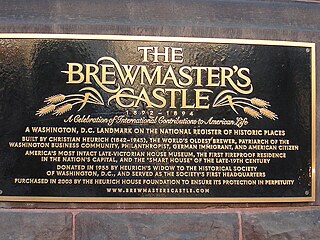
Heurich House (October 2010)
Heurich's life as a journeyman apprentice and immigrant is beautifully sketched in his autobiography, published in 1934 in German as Aus meinem Leben 1842-1934. Von Haina in Thueringen nach Washington in den Vereinigten Staaten von Amerika. (My Life 1842-1934. From Haina in Thuringia to Washington in the United States of America.) He also describes a trip back to Germany on the eve of World War I and the general atmosphere prevailing in that period, so damaging to German-American families, both rich and poor. In his autobiography, Heurich gives a feeling that many shared in those tragic days during and following World War I:
Germany is and was my mother, and I was against the war, but America is my bride, and if I have to choose between the two, then I leave my mother and go to my bride. My entire existence is with my bride in America. Many times I turned down Honorary Orders offered by German princes, and I have never put a pfennig in a savings account in Germany. [p. 90]
Heurich was first and foremost a businessman, loving his work and growing wealthy because of his enterprises. He was also a philanthropist, dedicating considerable sums to good works both in and around Römhild, his old hometown, and Washington. Römhild named him an Ehrenbürger, i.e., an Honorary Citzen, and a street and plaques there recall his generosity. He was also a fun-loving man and long-time member of the Washington Sängerbund, taking part in their carnivals with much good humor.
In 1955, Christian Heurich's widow donated the Heurich Mansion to the Columbia Historical Society (later the Historical Society of Washington, D.C.), which had its headquarters there until it moved to the Carnegie Library Building at Mount Vernon Square in 2003. The Christian Heurich House Museum is now open to the public. The museum's website includes many fascinating details of life in the German-American community in the nation's capital.